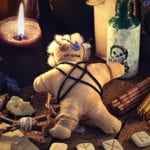 Our World
Our World  Our World
Our World  Crime
Crime 10 Dark Details of the “Bodies in the Barrels” Murders
 Animals
Animals The Animal Kingdom’s 10 Greatest Dance Moves
 Movies and TV
Movies and TV 10 Box Office Bombs That We Should Have Predicted in 2025
 History
History 10 Extreme Laws That Tried to Engineer Society
 History
History 10 “Modern” Problems with Surprising Historical Analogs
 Health
Health 10 Everyday Activities That Secretly Alter Consciousness
 History
History Top 10 Historical Disasters Caused by Someone Calling in Sick
 Animals
Animals 10 New Shark Secrets That Recently Dropped
 Movies and TV
Movies and TV 10 Forgotten Realities of Early Live Television Broadcasts
 Our World
Our World 10 Places with Geological Features That Shouldn’t Exist
 Crime
Crime 10 Dark Details of the “Bodies in the Barrels” Murders
 Animals
Animals The Animal Kingdom’s 10 Greatest Dance Moves
Who's Behind Listverse?

Jamie Frater
Head Editor
Jamie founded Listverse due to an insatiable desire to share fascinating, obscure, and bizarre facts. He has been a guest speaker on numerous national radio and television stations and is a five time published author.
More About Us Movies and TV
Movies and TV 10 Box Office Bombs That We Should Have Predicted in 2025
 History
History 10 Extreme Laws That Tried to Engineer Society
 History
History 10 “Modern” Problems with Surprising Historical Analogs
 Health
Health 10 Everyday Activities That Secretly Alter Consciousness
 History
History Top 10 Historical Disasters Caused by Someone Calling in Sick
 Animals
Animals 10 New Shark Secrets That Recently Dropped
 Movies and TV
Movies and TV 10 Forgotten Realities of Early Live Television Broadcasts
10 Chilling Facts About Serial Killer Albert Fish
Albert Fish became known by many names, including the Brooklyn Vampire, the Moon Maniac, the Werewolf of Wysteria, the Boogey Man, and the Gray Man. After he murdered three children in the early 1900s, the New York Daily Mirror wrote that he had a reputation as “the most vicious child slayer in criminal history.”
The sinister serial killer could easily have been a believable villain in a horror movie. However, the reality was more terrifying than any work of fiction.
10 Worst Childhood

Albert Fish was born Hamilton Howard Fish on May 19, 1870, in Washington, DC. His mother suffered from hallucinations, and other members of his family struggled with severe mental illnesses. At least two of his family members died in asylums.
Sent to St. John’s Orphanage, Fish was punished severely by his teachers. They would rip off his clothes and whip him while the other students watched. Psychologists believe that his later behavior—torturing his victims to death—was his way of forcing the same pain he had endured onto others.
When his mother was finally able to hold down a steady job, she sent for him. But the psychological damage had already been done, and he continued with bed-wetting until age 11. In his later teenage years, he changed his name from Hamilton to Albert so that he was no longer mocked by his school friends as “Ham and Eggs.”[1]
9 Raw Meat

In 1898, Fish’s mother arranged a marriage between him and Anna Mary Hoffman, a young lady nine years his junior. During their 19 years of married life, they had six children together. Then Hoffman left Fish for another man.
It was this rejection and betrayal that seemingly triggered a much darker side in Fish. He began to self-harm and developed a taste for raw meat. Bloody meals were just the start, as he later turned to cannibalism to feed his thirst for gore.
In interviews with the police, Fish confessed, “I made a stew out of (a victim’s) ears—nose—pieces of his face and belly. I put onions, carrots, turnips, celery, salt, and pepper. It was good.”
Then he added, “In about two hours, it was nice and brown, cooked through. I never ate any roast turkey that tasted half as good.” This chilling account is why he is still known as the “real-life Hannibal Lecter.”[2]
8 Self-Mutilation
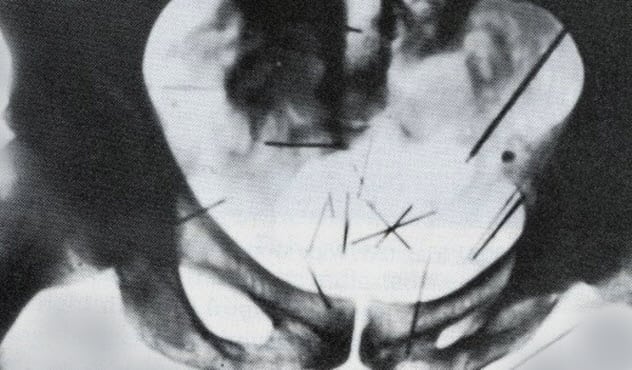
When Fish was just 12 years old, he met a boy who introduced him to coprophagia (consuming feces) and urolagnia (drinking urine). Fish had also begun to frequent public bathrooms where he would watch the younger boys undress in front of him.
Later in life, his fetishes became more powerful as he turned to self-mutilation. He asked his own children to repeatedly hit his behind with various objects. Notoriously, Fish was known for pushing needles so deep into his groin that they could not be removed. An X-ray of Fish’s groin with 12 needles embedded deep under his skin was shown during his trial.
In court, psychiatrists testified that Fish’s sexual fetishes included sadism, masochism, exhibitionism, cannibalism, coprophagia, urophilia, pedophilia, and infibulation. Fish said, “I always had a desire to inflict pain on others and to have others inflict pain on me. I always seemed to enjoy everything that hurt.”[3]
7 Vulnerable Victims

Fish preyed on children. His known victims were eight-year-old Francis X. McDonnell in 1924, four-year-old Billy Gaffney in 1927, and 10-year-old Grace Budd in 1928. Although Fish was only charged with three murders, the real victim count could be much higher.
Another potential victim was 12-year-old Yetta Abramowitz, who was beaten and strangled in the Bronx area by a “tall young man.” He is now believed to have been Fish as he had killed Gaffney that year.[4]
A man of the same description was seen trying to lure young girls in the area into dark hallways and alleys. In 1932, the mutilated body of 16-year-old Mary Ellen O’Connor was found in a wooded area of Queens. It was later discovered that Fish had been painting a house nearby at the time of the murder.
After Fish’s eventual arrest, he claimed he also began stabbing victims, focusing mainly on young men who were either mentally handicapped or African American as he felt these people wouldn’t be missed. Fish was fond of paying children to help him catch other children, so he could torture and murder them. None of these murders were verified with actual proof. Although there was no proof, Fish’s victims numbered in the hundreds, according to him.
6 Torture Of Thomas Kedden
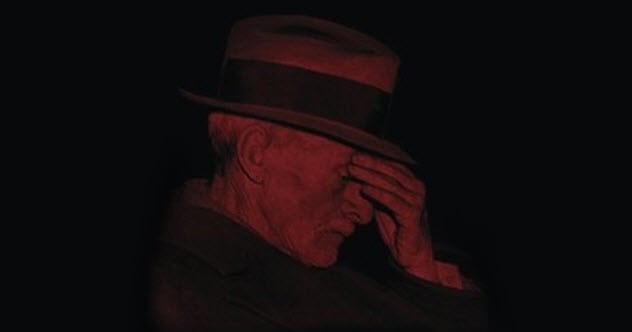
In 1910, when Fish was still married to Anna Mary Hoffman, he met a 19-year-old man named Thomas Kedden. In later confessions, Fish revealed that Kedden was not mentally strong or very bright. Fish took advantage of these vulnerabilities and entered into a sadomasochistic relationship with the teenager.
Fish took Kedden to an old farmhouse and tortured the boy over two consecutive weeks—tying him up and cutting off his penis. In his own chilling account, Fish recalled, “I shall never forget his scream or the look he gave me.”
Fish had every intention of killing Kedden and dismembering the body. However, the weather was too hot, and he feared that he would get caught due to the smell. So, Fish used peroxide on the wound and left Kedden with nothing more than a $10 bill and a mutilated manhood. Fish added, “Took the first train I could get back home. Never heard what become of him or tried to find out.”[5]
5 Murder Of Francis McDonnell
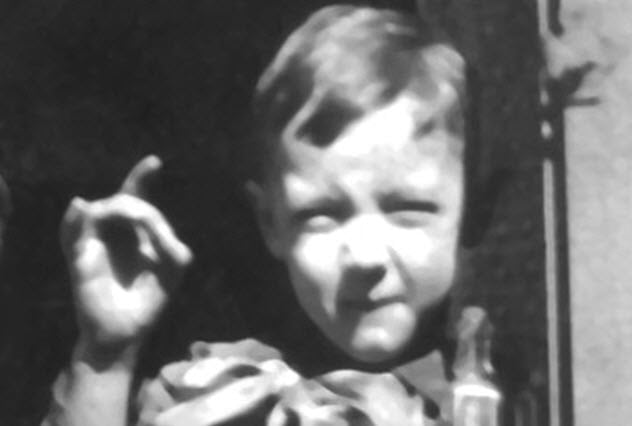
On July 14, 1924, the parents of 8-year-old Francis McDonnell reported him missing. The young boy was last seen playing catch with friends near Staten Island who told the police that he had walked off with a man who had a gray mustache.
After hearing the description of the man, McDonnell’s mother revealed that she had seen him earlier. She said, “He came shuffling down the street mumbling to himself and making queer motions with his hands. I saw his thick gray hair and his drooping gray mustache. Everything about him seemed faded and gray.”[6]
Following a search for Francis McDonnell, his body was found hanging from a tree. He had been assaulted and strangled with his suspenders. His left leg was stripped of its flesh. Fish later confessed that he had killed the boy intending to castrate him. But someone had appeared close by, and he ran away.
4 Murder Of Billy Gaffney
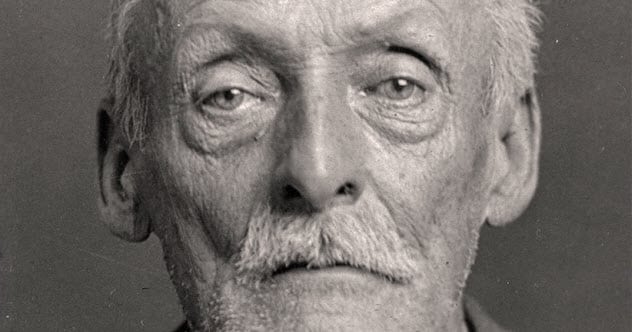
Fish committed his second murder on February 11, 1927. Four-year-old Billy Gaffney was playing with two friends in the hallway outside his apartment in Brooklyn before he went missing. His young friend said, “The boogeyman took him.”
Serial killer Peter Kudzinowski was the main suspect until a photo of Fish appeared in a newspaper. Then a witness said that he had seen Fish dragging a child who looked like Gaffney on the day he disappeared.
In a chilling letter to his attorney, Fish wrote about the murder:
I brought him to the Riker Ave. dumps. There is a house that stands alone, not far from where I took him. Stripped him naked and tied his hands and feet and gagged him with a piece of dirty rag I picked out of the dump. Then I burned his clothes. Threw his shoes in the dump. Next day about 2 P.M., I took tools, good heavy cat-of-nine-tails. Cut one of my belts in half, slit these half in six strips about [20 centimeters (8 in)] long.[7]
Fish was found guilty of murdering the young boy, but the body was never recovered.
3 Murder Of Grace Budd
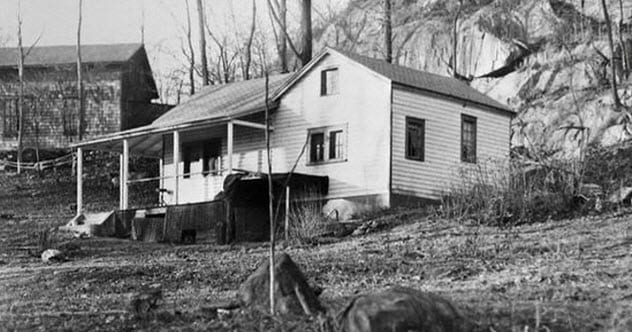
On June 3, 1928, Fish lured 10-year-old Grace Budd from her home and murdered her in cold blood. For two years, the crime baffled detectives. Even the caretaker at the Budd family home was among the accused.
After Fish was arrested, it was revealed that the young girl had not been the intended victim. Fish had seen a classified ad that read: “Young man, 18, wishes position in country. Edward Budd, 406 West 15th Street.”
The ad had been placed by Grace’s older brother, Edward. Fish visited the Budd family home and introduced himself as a farmer who wished to hire the young man, although Fish’s real intention was to mutilate and kill Edward.[8]
When Fish returned to the family home for the second time, he met Grace and changed his mind—deciding to kill the young girl instead. He convinced Grace’s parents to let him take her to a birthday party for his niece. In reality, he had no niece.
Fish took Grace to an abandoned house called Wisteria Cottage, where he killed her and cannibalized the remains. It wasn’t until 1934 when her skull was finally discovered.
2 Letter Of Evil
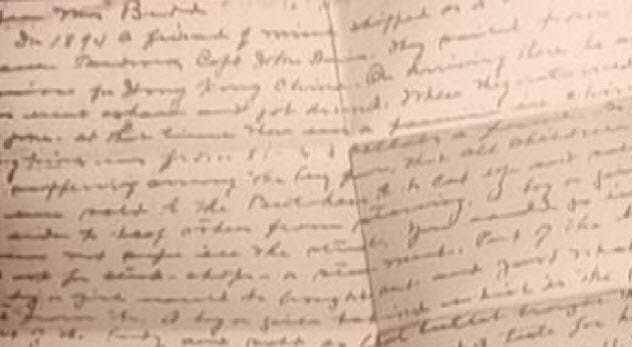
After the murder of Grace Budd, Fish wrote an anonymous letter to her mother describing in disturbing detail how he had murdered the young girl:
I took her to an empty house in Westchester I had already picked out. When we got there, I told her to remain outside. She picked wildflowers. I went upstairs and stripped all my clothes off. I knew if I did not I would get her blood on them. When all was ready I went to the window and called her. Then I hid in a closet until she was in the room. When she saw me all naked she began to cry and tried to run downstairs. I grabbed her and she said she would tell her mama.
The letter was so twisted that it was believed at first to be a sick prank. However, Fish had left a clue. On the envelope were the letters N.Y.P.C.B.A., which stood for the New York Private Chauffeur’s Benevolent Association.[9] The letter was traced to an old rooming house where Fish had checked out only days before. When he returned to the address, the police were finally able to make an arrest and end his reign of terror.
1 A Family Man
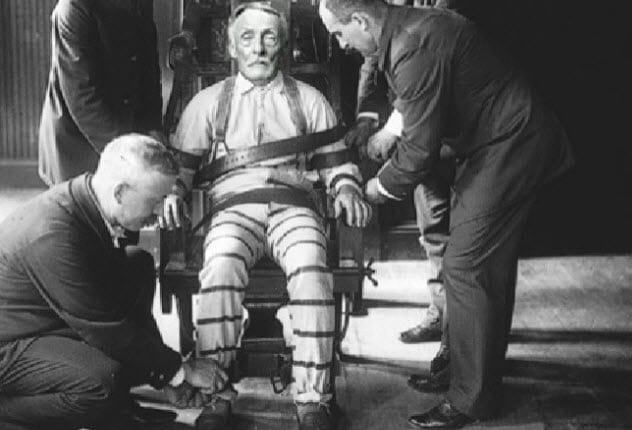
During his trial that lasted 10 days, Fish’s attorney, James Dempsey—a former prosecutor and once the mayor of Peekskill, New York—attempted to persuade the jurors that Fish was a family man who was himself the victim of an abusive childhood. Dempsey told the court:
Despite all these brutal, criminal, and vicious proclivities, there is another side to this defendant. He has been a very fine father. He never once in his life laid a hand on one of his children. He says grace at every meal in his house. In 1917, when the youngest one of his six children was three, his wife left him. And from that time down until shortly before the Grace Budd murder in 1928, he was a mother and father to those children.[10]
Dempsey also tried to use an insanity defense. He asked the jurors if a man who had killed and eaten children could really be sane? There was no doubt among the jurors that Fish was insane, but they all found him guilty and sane anyway. The judge sentenced Fish to death.
On January 16, 1936, Fish was sent to the electric chair at Sing Sing prison. His last words were: “I don’t even know why I’m here.”
Cheish Merryweather is a true crime fan and an oddities fanatic. She can either be found at house parties telling everyone Charles Manson was only 157 centimeters tall (5’2″) or at home reading true crime magazines. Twitter: @thecheish
Read more strange stories about serial killers on 10 Far-Out Facts And Strange Stories About Serial Killers and 10 Creepy Cases That Prove These Serial Killers Were Born Evil.






